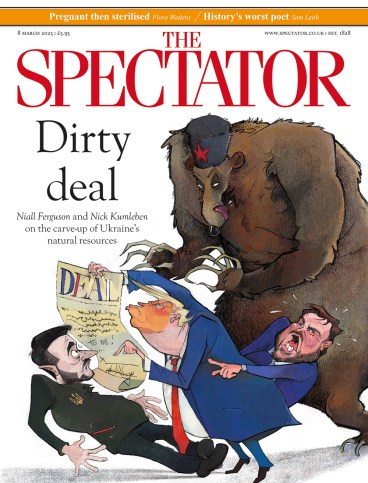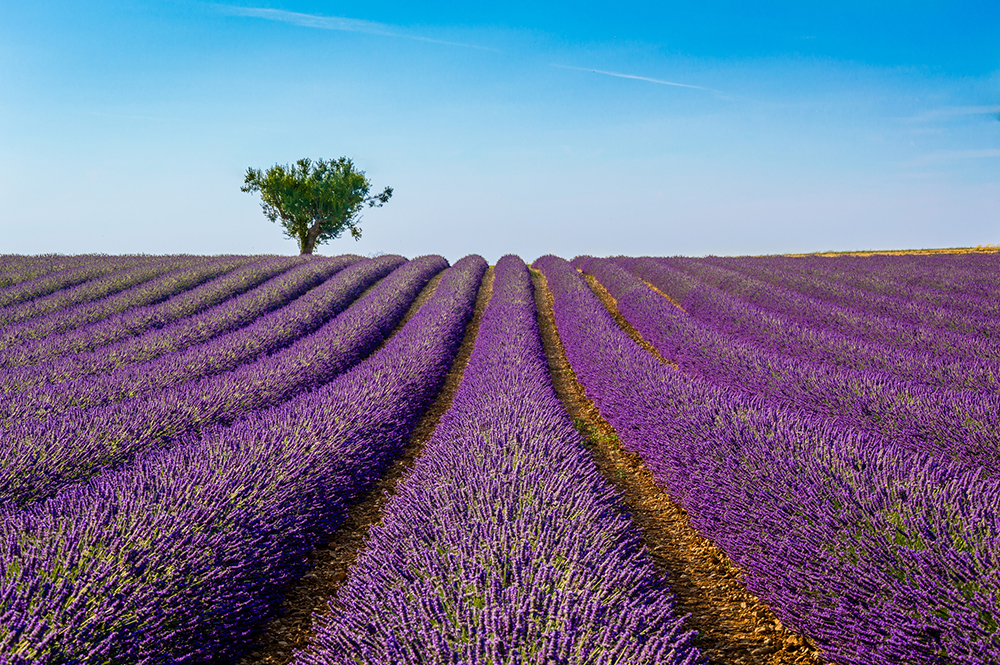
Riches, ancient cities, great architecture, splendid landscape, agriculture to match, trade routes, romance. Records of human settlement stretching to the dawn of civilisation, recurrent conflicts and invasions, dynastic struggles which lasted for centuries, wars of religion followed later by revolutionary conflicts. We are contemplating Provence, a region with a glorious history but which has often produced more history than it could consume.
That gives rise to an ironic parallel. In the UK, we too have a Province, pronounced Prov’nce. It too has exported a lot of history, for which it has received little recognition. Almost a third of the signatories of the US Declaration of Independence had Ulster Protestant roots. Millions of Americans may think that they have Catholic Irish origins. Millions more may not realise it, but they share a heritage with the men from the townlands of Antrim and Down who won the victories in the War of Independence.
Those Ulsters are a thrawn race, who always seem to find themselves on the windy side of the hill. Consider an obvious example: J.D. Vance. Hillbilly Elegy may be as close as an Ulster Prod gets to poetry. But the prose resonates with politics. The Vice-President’s account of the struggle for subsistence endured by his kith and kin – his version of The Grapes of Wrath – explains a lot about his present attitude to Europe. He sees poor people in the Appalachians who take it for granted that they have to work for a living (though some of them do succumb to drink and drugs). In Europe, such characters can draw welfare while relying on Uncle Sam to defend them. It is a partial view of the current conflict which does no justice to the Ukrainians’ sufferings. But we have to understand Mr Vance’s moral stance. We still need people like him as allies.
Back to the seductions of Provence, which bear little resemblance to life in the Appalachians. But there is a final geopolitical point. We British ought to give thanks for the English Channel. Over the centuries, that moat has protected us from the ravages of war which afflicted much of the European mainland, including Provence.
Provence has often produced more history than it could consume
In the past few years, a different ravage has been visited elsewhere in France. A lot of the younger French have stopped drinking wine. At the same time, the Russians have dropped out of the wine market and Chinese wine-buyers have drastically reduced their purchases. The Bordelaise have been hit especially hard. For them, it is almost a plague of Egypt.

Sympathy may be qualified. In the fat years, Bordeaux flourished and should therefore be able to cope with the lean years. But in Provence, the wine industry has not suffered. Indeed, it has enjoyed long fruitful decades, a consequence of French post-war prosperity which owes far more to American protection than most Grenouilles will ever admit. As France prospered, a fair number of those with money to spend did not just want to drink good wine. They wanted to make it. Throughout Provence and further west, there are vineyards where investors came across some neglected old vines, piled in and have succeeded.
One such was the famille Fayard. In 1977, they bought seven hectares. Now they have 450 and in London they offered a tasting of their 2024 rosé. A military friend of mine would say he was happy to try almost any activity except Morris dancing, incest and playing a musical instrument on the back of a horse. A yearling rosé might surely join the sceptical list. Not so. The rosés of Chateau Sainte Marguerite have fruit and structure. They complemented an excellent menu in the aptly named Spring restaurant in Somerset House. They are grown-up wines at, alas, grown-up prices. But the Fayards’ missionary zeal is delightful and a welcome distraction from other zealotry elsewhere.







Comments